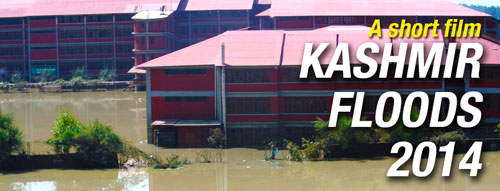
Mufti Mehtab secures 1st Position in ‘Squirrel Master National Level Essay Competition’
Mufti Mehtab from Class X secured the First Position in Squirrel Master National Level Essay Competition in the Senior category held in the month of October, 2018. Squirrel Master- a social entrepreneurship initiative organized the competition on the theme ‘Zero Hunger by 2030’ to celebrate World Food Day. The main objective of this competition was that the students should understand about UN’s sustainable Global Goals and contribute to developing awareness by exploring the topics, accessing information and use the knowledge to help the cause in real life.
Article by: Mufti Mehtab
Class: 10th F
SID: 279
Duty to achieve #Zero Hunger 2030
It is rightly said ‘’If you believe, you can achieve’’. And Duty towards own country is part of moral attribute and as a citizen of the country people should perform all the individual responsibilities. Being a citizen of India, our first and foremost duty is to eliminate malnutrition make India a healthy nation by building up sustainable food systems, by ending the system of rural poverty, by taken steps to control wastage of food and all this would happen when we access adequate food and healthy diet. As a country like India every citizen has both privilege and duties and this is country which believes in unity in diversity where all the people are together as one nation and I believe this makes India stand out among all the nations but as India is developing, it is taken off by many issues from pollution to malnutrition to many more. And achieving zero hunger by 2030 is one of the main sustainable developmental goals which require unity with lot of determination and commitment from individuals. Some of the measures that can be taken to achieve zero hunger are:
- By 2030, increasing productivity will help to maintain ecosystem that will build up capacity for adaptation to climate change, drought, flooding and other disasters that improve land quality.
- Controlling population growth will lead to zero hunger as increase in population increase the demand of food which gives unending rise to the production of food-which is a burning problem in India. Excess population and less production led to hunger in the nation, so we need to increase production by working in agriculture efficiently e.g. before 25 years we won’t be getting good amount of production in India and hunger was at its peak, because at the time almost 30% agriculture land was in vain but today our country is developing day by day, increasing production simultaneously will at the end make our country zero hunger by 2030.
- Introduction use of modern technology for production will progressively increase demand for production, impact of technology in agriculture have increased all the levels to feed the people. Around 70% food production has been increased due to these modern technologies.
- Irrigated agriculture will also lead to food production, globally irrigated agriculture is practiced on 83% of cultivated agriculture and supplies more than 60% of world’s food.
- Changing life style and modifying our food system will help to transform the nation as in a wedding or in a social gathering, the usage of food is too much and tons of food is wasted, leaving extra food as waste is a normal routine for a country like India, we need not to throw that away instead give it to a poor that will also lead to a zero hunger nation in the future. Reducing food waste will not only help in getting a healthy nation but also reduces the need to increase food production to meet the demand of growing population in future. According to UN report, every year nearly one third of all foodstuff intended for human consumption is thrown out which needs to be controlled in the coming years.


